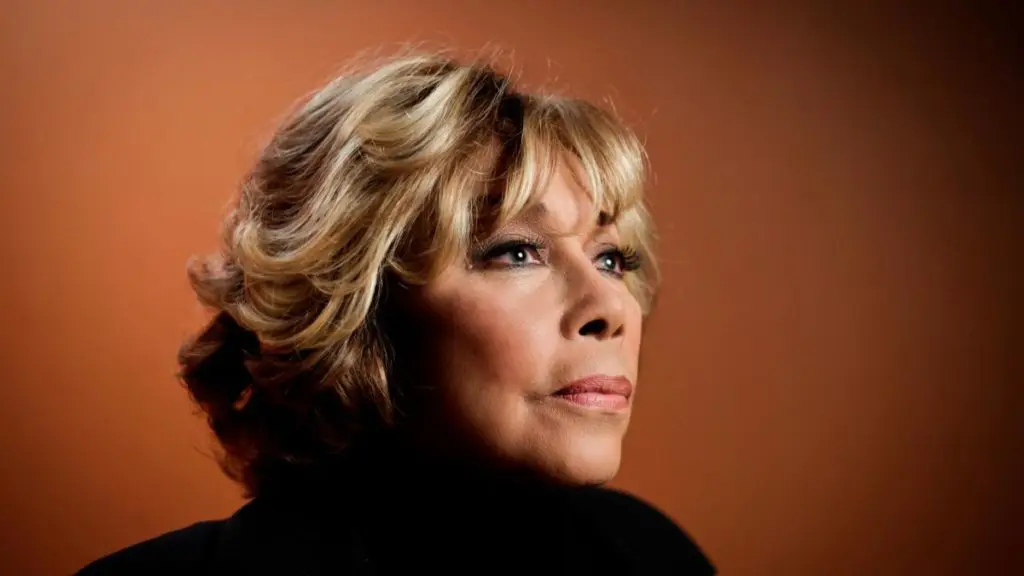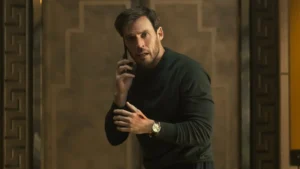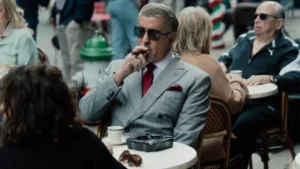Summary
Important, timely, and powerful, Simon Frederick’s docuseries is a passionate exploration of black film’s past, present, and possible future.
One has to imagine that the release today of Simon Frederick’s three-part docuseries They’ve Gotta Have Us (Netflix) is in no small part a reminder – several, in fact. The series, which was acquired by Ava DuVernay’s collective ARRAY, is a reminder of Black History Month, of black talent, of black film, of black success. But it also must be a reminder that the Academy Awards, which air this Sunday and, as usual, feature few people of colour or films made by people of colour among the highest-profile nominees, are not the be-all and end-all of what’s going on in an industry that has, historically and still today, failed to commit to matters of representational parity and legitimate long-term change.
Some, including me, a white man reviewing a docuseries about black filmmaking because it’s my job to do so, believe that the new free-for-all frontier is streaming, which makes sense given that They’ve Gotta Have Us, despite being produced for the BBC, is airing on Netflix. This goes oddly unmentioned throughout the series, though I suppose the implication is clear enough. The Oscars might represent a so-called “mainstream” success, with its visibility and its storied history of… well, behaving in much the same way as it does now, but it’s only a symbolic and largely arbitrary pat on the back for films and film stars who tow a line. Most regular people in the street haven’t even heard of most Best Picture nominees, much less consider them to be the pinnacle of the form. It’s easy to forget, sometimes, that the film world, short of tentpole franchise blockbusters, is an insular one. Very few people care as much as enthusiast groups on Twitter would have you believe.
But that isn’t to say that film isn’t important; the stories a culture tells, after all, help to define that culture, and They’ve Gotta Have Us highlights how, with or without wide-ranging recognition, black pioneers have helped to shape and define our culture with enduring work and a refusal to be told no. A refusal to be told, too, that myths of overseas appeal, potential financial returns, and general interest are somehow in jeopardy if a film is made by or stars or is about people of colour.
One of the recurring themes of They’ve Gotta Have Us is of moviemaking being a business more than a form of creative expression, and the idea that black people and their stories are somehow bad for that business, despite many of the names featured here – Don Cheadle, John Boyega – having already proved this a fallacy by starring in mega-popular franchise films to apparently no financial detriment whatsoever. But just because these misconceptions are easy to disprove doesn’t mean they’re easy to dismiss; the relative dearth of black producers, directors, and writers in relation to their white equivalents proves as much.
The easy assumption to make is that being given ownership of their own stories allows black people more power than the current industry tastemakers are willing to concede; that, in other words, the issue is an old and inherited one. This is likely true on some level, especially among awards institutions both in America and abroad, and on the studio lots of Hollywood, where “what have you done for me lately?” might just as easily be rephrased as “what did your father do for me twenty years ago?”. We have seen and continue to see how longstanding legacies of power in the film industry allow for egregious sins to be committed, covered up, and outright ignored by those who know that speaking out rarely results in speaking roles; by comparison, handing opportunities to whiter faces is a small affair.
But it’s no less an important one. By tracing the industry’s past, present and possible future, though, They’ve Gotta Have Us finds hopefulness in its examination of the film landscape. There is still obvious work to be done, but on the back of breakthroughs made by on- and off-screen pioneers, including Sidney Poitier, the late John Singleton, Diahann Carroll and Spike Lee, a baton has been passed to the visionaries of the here and now; the Ava DuVernays, the Boyegas, the David Oyelowos, and on and on. New avenues and grassroots initiatives spring up all the time, and old ideas and myths are constantly, gracelessly torn down. The road to more inclusive, truer, and thus better storytelling is paved with the experiences and efforts of people who don’t necessarily look just like us; if the stories we tell define our culture, it’s about time we remembered how many stories our culture can tell.




